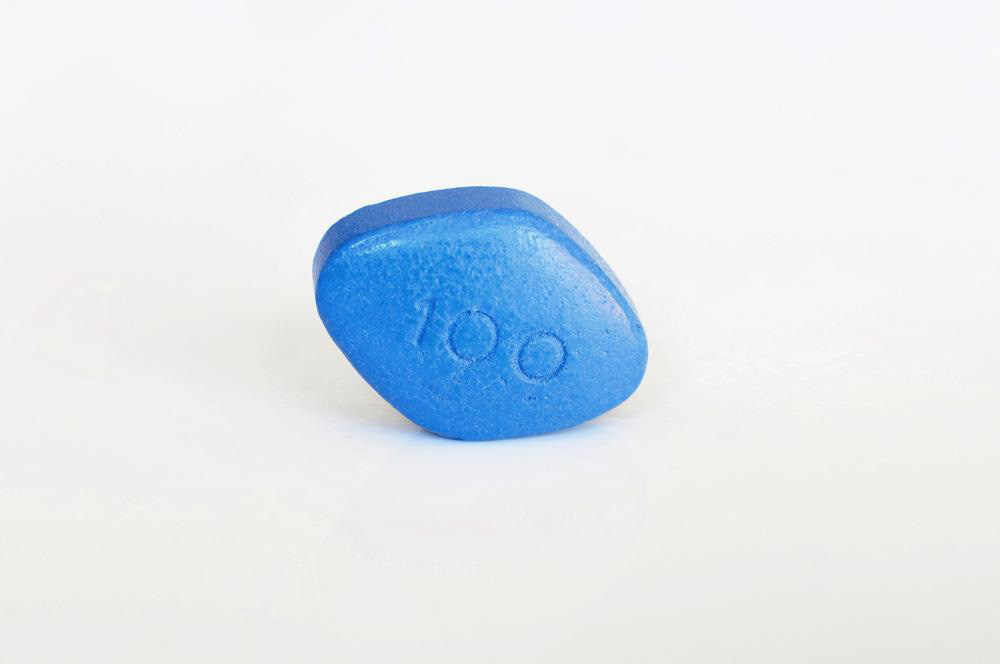Essential Guide to Finding Reliable Online Health Resources for Better Wellbeing
Discover how to access trustworthy online health resources to stay informed about medical conditions, treatments, and wellness tips. This comprehensive guide highlights reputable websites like MedlinePlus, MentalHealth.gov, and Vaccines.gov, emphasizing the importance of verifying sources and consulting healthcare professionals. Learn best practices for navigating online health data and making informed decisions for your wellbeing, ensuring accurate and current information to support your health journey.

Essential Guide to Finding Reliable Online Health Resources for Better Wellbeing
In today’s digital age, the internet has become an indispensable tool for accessing health information. With just a few clicks, millions of people worldwide can find details about medical conditions, treatment options, preventive measures, and overall wellness tips. This democratization of health knowledge has empowered individuals to take charge of their health and make more informed decisions. However, the vast amount of information available online also means that not all sources are equally trustworthy or accurate. As a result, knowing how to identify credible and reliable online health resources is crucial for maintaining good health and avoiding misinformation.
While online health information can be incredibly helpful, it should not replace professional medical advice or personalized consultation with healthcare providers. Relying solely on unverified sources can sometimes lead to misunderstandings, delayed treatment, or worse outcomes. Therefore, it’s important to use reputable, authoritative websites that are regularly updated and backed by trusted health organizations. These resources can serve as valuable complements to advice from your healthcare provider, helping you better understand your health concerns and treatment options.
To assist you in navigating the digital landscape of health information, this guide highlights some of the most trusted online sources recommended by health professionals and government agencies. By using these platforms, you can access accurate, current, and comprehensive information regarding a wide range of health issues, from mental health to chronic diseases and preventive care.
Why Choosing Trustworthy Health Resources Matters
The internet is flooded with health-related content from various sources, including individual blogs, forums, commercial websites, and social media channels. While some of these sources provide helpful insights, many are unreliable and may disseminate misinformation or outdated data. Trustworthy health websites are typically maintained by government health agencies, reputable medical institutions, or recognized non-profit organizations committed to public health.
Using credible sources reduces the risk of misinterpreting medical data, ensures access to evidence-based information, and enhances your ability to make informed health decisions. Furthermore, reputable health websites often include features such as references to scientific studies, updates on new research findings, and links to clinical guidelines, which can further deepen your understanding of complex health topics.
Key Online Resources for Reliable Health Information
Here is a curated list of some of the most reputable online platforms that provide trustworthy health information covering various aspects of health and wellness:
MedlinePlus
Operated by the U.S. National Library of Medicine, MedlinePlus is a comprehensive resource that offers detailed information on medical conditions, medications, symptoms, and procedures. Its easy-to-navigate interface and regularly updated content make it an excellent starting point for anyone seeking reliable health data. MedlinePlus also provides links to clinical trials, health tips, and drug interactions, making it a vital resource for both consumers and healthcare professionals.
MentalHealth.gov
This official government portal offers essential information about mental health conditions, mental wellness strategies, and locations where individuals can seek help. It serves patients, caregivers, healthcare providers, and policymakers by providing resources on mental illness prevention, treatment options, and community support programs. MentalHealth.gov also emphasizes the importance of mental health awareness and stigma reduction, promoting overall psychological wellbeing.
Alzheimers.gov
This federal website provides authoritative guidance on caring for individuals affected by Alzheimer’s disease and other dementias. It presents the latest research developments, diagnostic criteria, and treatment options, as well as practical caregiver support and management tips. Visitors can find educational materials on recognizing symptoms, understanding the causes, and exploring available clinical trials. As Alzheimer’s poses a significant health challenge, access to accurate and updated information is vital for patients, families, and healthcare providers.
Vaccines.gov
Providing current updates on immunization efforts, Vaccines.gov outlines recommended vaccines for different age groups, vaccination schedules, and locations for obtaining immunizations. The platform keeps users informed about new vaccines, outbreaks, and immunization campaigns, ensuring that individuals and families stay protected against preventable diseases.
Healthcare.gov
This official portal offers a comprehensive overview of health insurance options available under the Affordable Care Act. It helps users compare plans, understand coverage benefits, and find affordable health insurance providers in their areas. Healthcare.gov also provides resources on how to enroll, navigate subsidies, and access preventive care services, making healthcare coverage more accessible and understandable for millions of Americans.
Centers for Medicare & Medicaid Services (CMS)
The CMS website offers detailed information on Medicare, Medicaid, and CHIP programs, including program benefits, eligibility requirements, and application procedures. This resource is essential for seniors, low-income individuals, and families seeking healthcare coverage assistance, offering valuable guidance on navigating complex health insurance systems.
Best Practices for Using Online Health Resources
To maximize the benefits of online health information, consider the following best practices:
Always verify the credibility of the source before trusting the information. Prefer government, educational, or professionally recognized health sites.
Look for reviews, updated dates, and references to scientific research or clinical guidelines.
Consult healthcare professionals for personalized advice, especially before making significant health decisions or changes to treatment plans.
Avoid websites promoting products or treatments that seem too good to be true or that lack scientific backing.
Use online information as a supplement to, not a substitute for, professional medical consultation.
Conclusion
Online health resources have transformed how individuals access medical information and manage their wellbeing. While they offer a wealth of knowledge at your fingertips, caution is essential to avoid misinformation. By relying on reputable sources like MedlinePlus, MentalHealth.gov, Alzheimers.gov, Vaccines.gov, Healthcare.gov, and the CMS, you can ensure that the information you gather is trustworthy and current. Remember to always consult healthcare professionals for personalized medical advice and treatment planning. Embracing reputable online health tools makes it easier to stay informed, proactive, and engaged in your health journey, ultimately leading to better health outcomes and improved quality of life.




